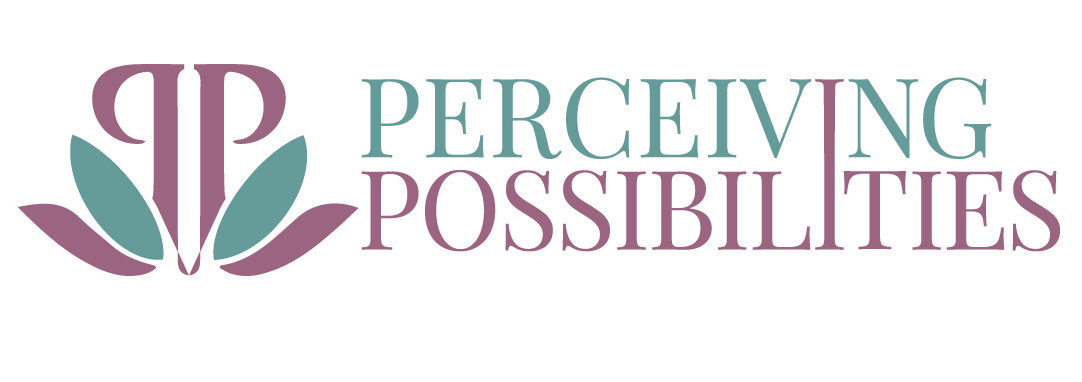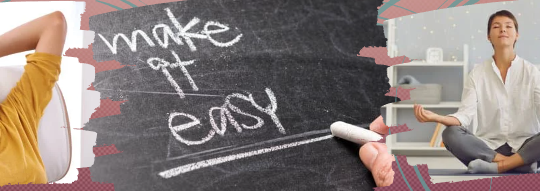Did you know your body reacts the same to thoughts as it does to what is happening? If you have ever woken up from a dream in a panic, then you’ve experienced this first hand.
Most of the stress we feel comes from our thoughts.
The physiological responses we experience from stress (e.g., racing heart, muscle tension, etc.) are due to our instinctual fight-flight-freeze response, the response that is triggered by imminent threats. The majority of people in the developed world do not work in circumstances where their lives are in danger daily. Yet, I’m sure most people will agree that they can still experience this type of stress response while working.
When there is no physical threat to our lives, our thoughts produce these stress responses.
Let’s break this down a little with an example.
You are at work and sitting in a meeting.
Your boss is going around the room asking for updates from some team members.
You realize that you forgot to complete a significant part of your assigned work.
Your thoughts start racing. You try to think of any other work you may have missed. Maybe you begin to formulate what you are going to say when asked or anticipate how your boss will react and how you are going to feel when everyone knows you messed up, and on and on.
You may be starting to feel a stress reaction just from reading those last few sentences.
I assume that no one threatened you into reading this post, and therefore you were in a reasonably relaxed state when you started reading. I also guess that while you were peacefully reading this post, nothing came rampaging into the room threatening your well-being.
So if you felt a stress response while reading the example, it could only have come from your thoughts.
You can also see this if you think back to when you were faced with a situation like the one I described (or something similar). In the moments before you realized there was an issue with your work, your body was probably in a relatively relaxed state. Then you may have started thinking about how embarrassed you were going to be or the trouble you anticipated you would be in, and your body started to react.
In reality, nothing had happened; it was just your thoughts.
When it comes down to it, you didn’t even know if your boss was going to ask you for a report. You assumed she was going to because she had questioned two other people. It’s your mind creating anticipatory thoughts about what will occur next so that you can be prepared. That’s what our brains are designed to do to protect us.
How do we stop this cycle of thoughts causing stress?
We need to hit the pause button on our thoughts. When we can pause our thoughts, we can mitigate the stress they bring. You can make great strides in reducing your stress-inducing thoughts with some guidance and practice.
Here are three things you can do to help you:
- Start paying attention to your thoughts. To start, set aside 5-10 minutes a few times a week Find a place where you can limit distractions and sit comfortably. Listen in on what your mind is doing and categorize your thoughts into items like planning, ruminating, and dreaming. The more often you spend time doing this, the easier it will be to recognize what is going on in your thoughts during the rest of your day.
- Try not judging your thoughts or yourself. This is probably the hardest part. Our default mode is to judge the information that is coming to us. However, most of the judgments do not serve a useful purpose and may be the reason we are experiencing stress. When you catch yourself thinking something judgmental, like “that was stupid of me,” gently remind yourself that you are human and all humans make mistakes. Then gently redirect your thoughts to more supportive phrases, as if you were talking to a friend.
- Breath. More specifically, pay attention to your breath. Whenever your thoughts start to get away from you and jump around like a monkey from branch to branch, refocus your attention on your breath. Doing this will give you a place to rest and pause. Breathing is also something you are always doing so you don’t have to think about it, just notice it.
Do you have any tricks you use to calm your mind? Please share them in the comments below.





